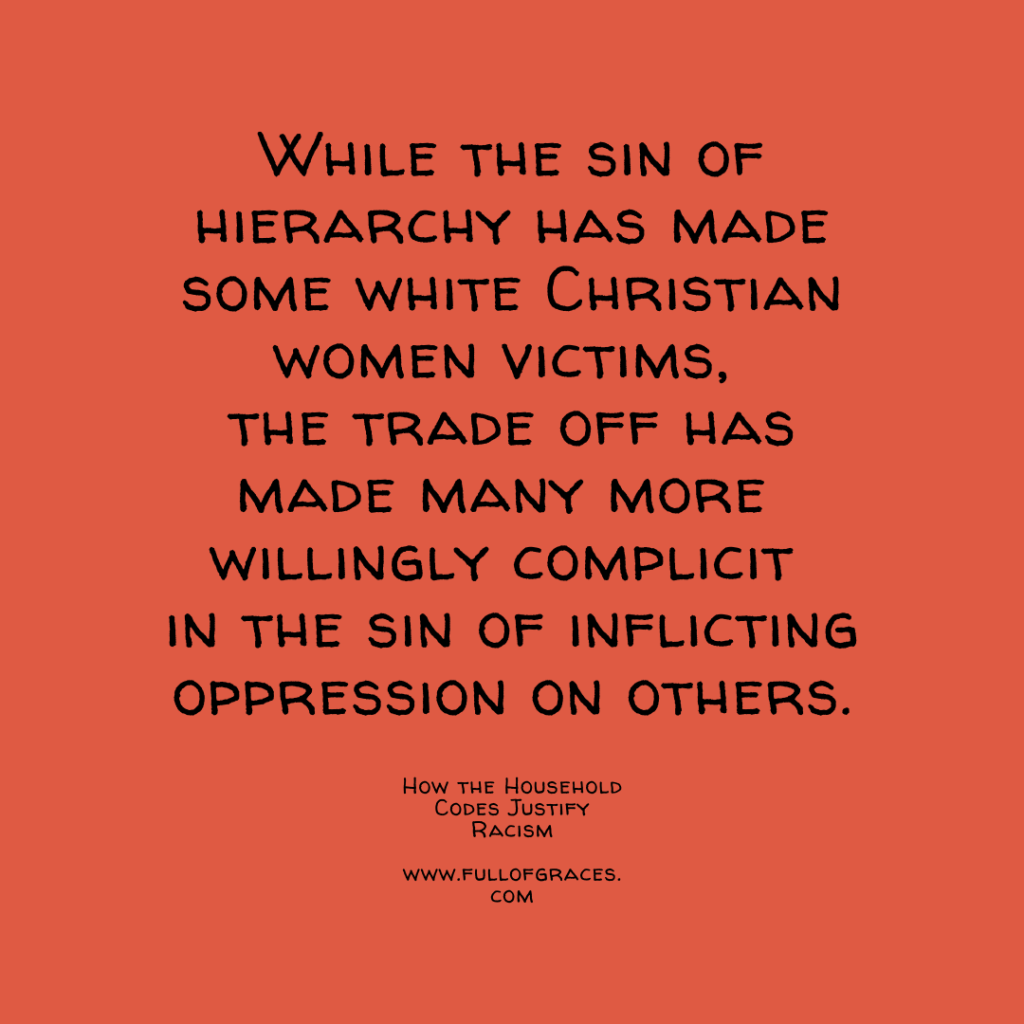I work for the church and have in some capacity since 1994. I was a Catholic high school teacher when the news broke that a popular priest in our parish—one that fed into the high school—had been sexually assaulting altar boys in parish after parish after parish in the LA Archdiocese. I sat across the table from a 17 year old student whom I had known since he was a child and waited for his words to tell me what I could already see in his eyes—that he was also a victim of this priest. Then that night I sat in the church hall and listened to the Monsignor from the Archdiocese lie to a room full of worried and hurting parents: “There were no previous reports regarding this priest.” Yes there were, a long line stretching back over a decade. And not just him—many priests in the Archdiocese, many reports, many lies.
You know what there wasn’t?
An apology. I mean, Mahoney made a blanket apology in 2000, of which the handling of the sex abuse was just one issue. But in 2014 he was pretty relieved that he was no longer eligible for obstruction of justice charges after the full extent of his cover-up was exposed. That doesn’t feel very penitent.
The Archdiocese fought tooth and nail to avoid accountability. California had to change the statutes of limitation on sex abuse reporting so that the Archdiocese could no longer hide behind them. Once the floodgates opened, the Vatican let the Archdiocese sink on its own. As if this were an “LA problem”. I paid into a pension during my 7 years as a teacher and never noticed the fine print that the Archdiocese could use my pension to pay lawsuits. But it did.
You know what I never got?
An apology.
Once I moved into the religious education part of parish life, I was subjected to egregious trainings on child safety—Virtus and CASE by Armatus. The church has put the onus of recognizing and reacting to sexual abuse on the lay adults—mostly parents. How to recognize abuse. How to guard against situations where abuse can happen. The current CASE program, updated in 2020, uses a daycare simulation to help parents recognize dodgy situations—in this case an inappropriate sexual relationship between two teenagers where one is in a position of power and over 18, and the probable sexual abuse of a younger boy by two tweens.
You know what it never discusses? Why sexual abuse from a religious leader was so easy to perpetrate. Or testimony from an actual priest abuser on how and why he targeted certain kids over others. Or what the Church is explicitly and proactively doing to weed out dangerous religious and priests, break the millenia-old instinct to protect the power of the priesthood at all costs, and establish accountability for full and transparent reporting of instances of abuse.
So spare me your outrage over poor Benedict XVI. It’s sinful and tone deaf and repetitive. What he did as Archbishop in Munich speaks to his fitness as Prefect for the Congregation for the Doctrine of the Faith and then as Pope. What I read between the lines is that he was a company guy, from his days in Munich all the way to Rome, and amply rewarded for being such. But his involvement in criminal obstruction of justice calls into questions his motives—does he defend mother church out of a love for God and a faithfulness to Eucharist and Gospel? Or does he defend her as an institution of power, wealth and influence?
You characterize him as having “fought the phenomenon (of priest sex abuse) in the last phase of the pontificate of St. John Paul II”, as if the reality of abuse only became apparent with the Spotlight expose.
I think the rest of us would characterize him as complicit in decades worth of illegal and immoral cover-up until the Spotlight expose, when the church was finally forced to a reckoning.
Even the so-called apologies that you cite are not really apologies. “The church must ask for forgiveness” is not “I, Joseph Ratzinger, am guilty of the sin of protecting priests over children and for that I must do penance and ask for forgiveness”.
For many rank and file Catholics all over the world, the credibility of the church will never recover after the canonization of JP II. He still had his wits about him in 1994, when the LA stories began to break. Mahoney handled those cases exactly like Ratzinger handled the cases in Munich a decade earlier, which is just like the cases were handled in Boston and in New York and in San Francisco and in Ireland and in France and on and on.
Almost like there was a policy, or directive, from the top down of what to do when confronted with sexual abuse within your diocese. There’s a question that could use an answer. I don’t hold out hope, though–for twenty years, Catholics have waited for full transparency. And waited. And waited.
But sure, let’s make that criminal a saint, and you write your editorials defending a man who spent 70% of his priesthood defending pedophiles, before being forced by victims and law enforcement to be the “face of a penitential church”.
It’s not like we’re hemorrhaging Catholics right now or anything.




